Letter from the EIC: How we reported on UVM quarantine conditions
In journalism, there’s a well-established set of ethics and guidelines, these guiding principles are key to the whole industry.
But, sometimes you need to make difficult decisions and promote truth vital to public knowledge.
Our recently published piece “Inside COVID isolation at UVM,” challenges some of those fundamental guidelines young journalists learn early on. It’s a first-person, narrative-driven story that relies on the integrity of the reporter to convey an important perspective.
It’s often noted as a misstep in journalism to use this technique for a number of reasons, but particularly because it’s nearly impossible to write from your own eyes without losing some sense of objectivity.
Objectivity remains a touchy subject among journalists, and over the last four years, the question has been asked more and more: what exactly does objectivity mean?
In the Cynic newsroom, we avoid using the term altogether. Objectivity is a fallacy, perhaps even a fantasy in journalism. The very core of the profession is to tell stories of human beings and events.
However, through the course of that work, journalists for centuries now have failed to understand how their subconscious baggage, perspective, bleed into their work.
Which is why I’ve challenged the Cynic staff to approach every story with this mindset: is it accurate? Is it fair? Is it well researched and detailed?
Of course, those terms come with their unintended consequences, but the bottom line is those words are all a part of what makes up “objectivity,” in journalism. But, at the same time, it acknowledges one key component, which is the writer’s perspective.
Narrative-based journalism challenges the antiquated notion of objectivity, that is clear. But, at times, journalists have to get creative to get the story, especially one that is vital to the public.
This story we’ve published asks the readers to trust the integrity of our reporting staff. It provides a firsthand look at a situation no one wants to experience, isolation and quarantine at a University due to COVID-19.
We are in the midst of a public health crisis and throughout our reporting, we have given UVM administration countless opportunities to be transparent with the community and they have failed to do so.
— Sawyer Loftus, Editor-in-Chief
Our reporter did not go out to get sick, nor did we infiltrate UVM’s public health response. The reporter, who has been covering COVID-19 for almost a year now, simply got sick.
Transparency is key to good, impactful and thought-provoking journalism.
We’re in the middle of a public health crisis, the likes of which haven’t been seen in a hundred years. During that crisis, we expect that those who lead our communities, institutions, etc work to take care of us.
But what happens when they don’t follow the rules? How do we check that power? The answer is simple: journalism.
In this particular instance, a UVM health official is identified and quoted throughout the story. At the time, the employee did not know she was speaking to a Cynic reporter.
However, this same reporter had reached out to the official previously in hopes to gain information about conditions inside UVM’s COVID-19 facilities after numerous tips of unsafe, unregulated and unhealthy behavior inside these facilities.
Repeatedly, our reporters have asked and probed UVM administration, asking for transparency around their approach to COVID-19. Consistently, we’ve been denied access to administrative sources and even numbers.
For example, our News Editor reached out this past week to UVM to ask for a current headcount of students being isolated and quarantined—a simple request that any transparent agency would logically fulfill.
Instead of a number, the editor received a generic statement about how well the University was managing the rising number of students testing positive for the deadly virus.
When asked repeatedly if the University will share daily COVID-19 numbers with the public as the state does, the answer is consistently a resounding “no.”
When we ask the logical follow-up as to why, the answer is the same: “That’s just the way we’re doing it,” or something along those lines.
While I understand this particular article is a deviation from the norm, I hope you can understand why we made the choices we did to push the envelope.
The conditions, witnessed by our reporter, speak to the inadequate and downright unsafe environment UVM administrators are cultivating in the heart of Vermont’s Queen City.
The students, faculty and staff of UVM deserve more. The Burlington community deserves more. Vermont deserves more.
If you have questions, comments or concerns direct them to me at my email: [email protected].
Thank you,
Sawyer Loftus
Editor-in-Chief.

Sawyer Loftus is the News Editor for the Vermont Cynic. He is a junior History major with a passion for News. This past summer he was an intern in the...



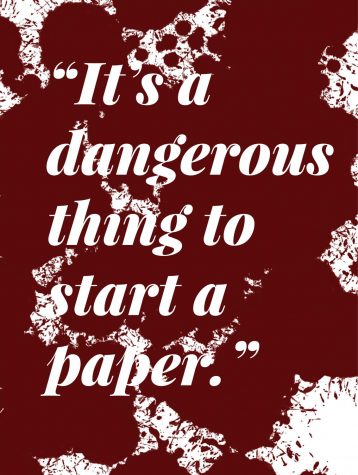
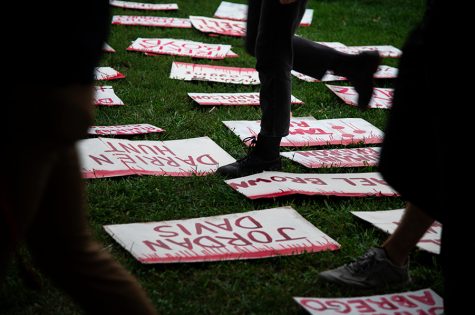
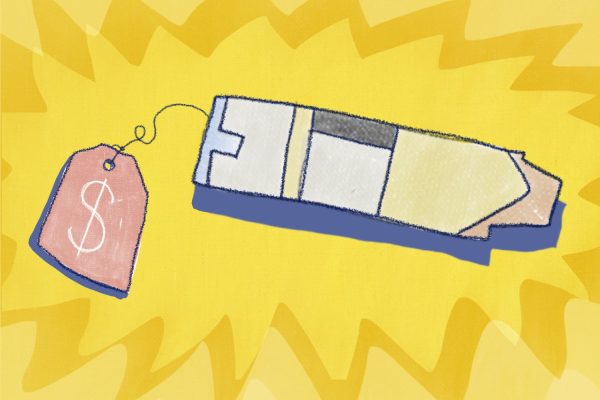
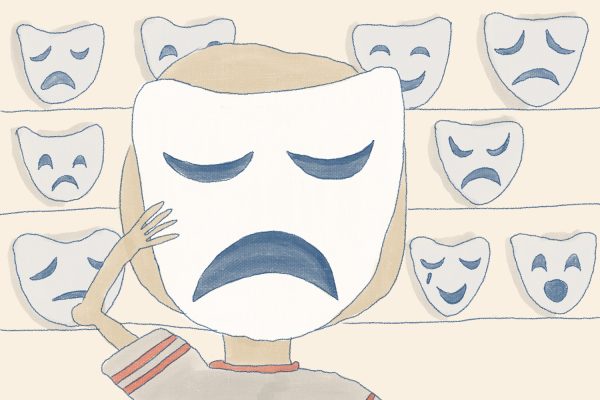
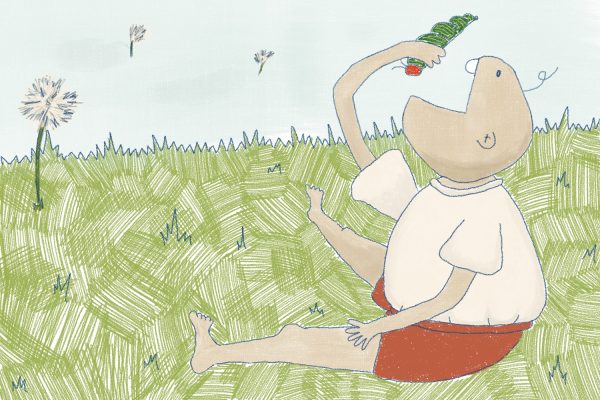
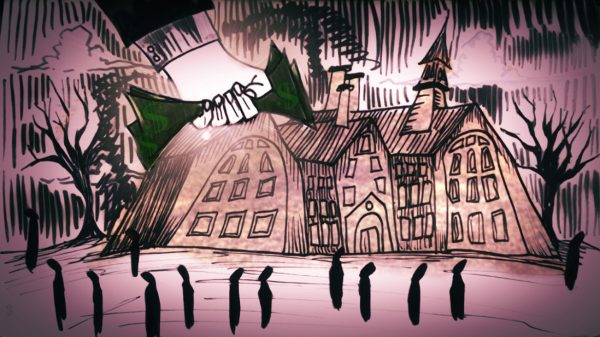

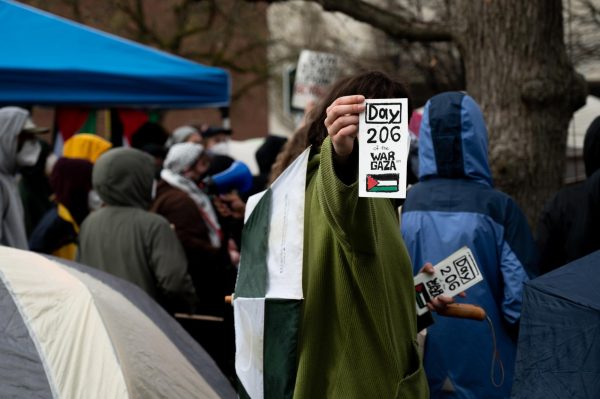
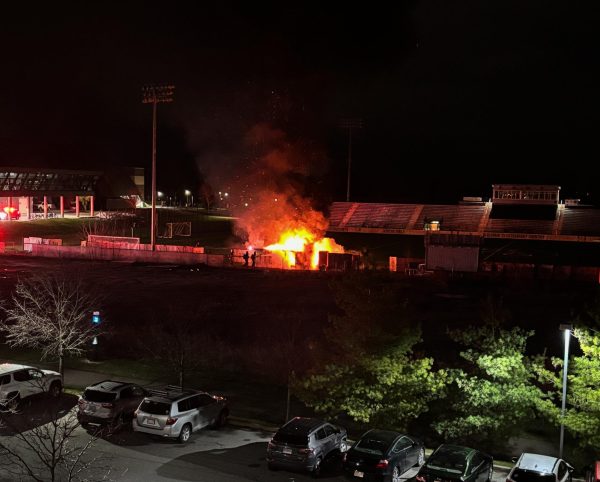

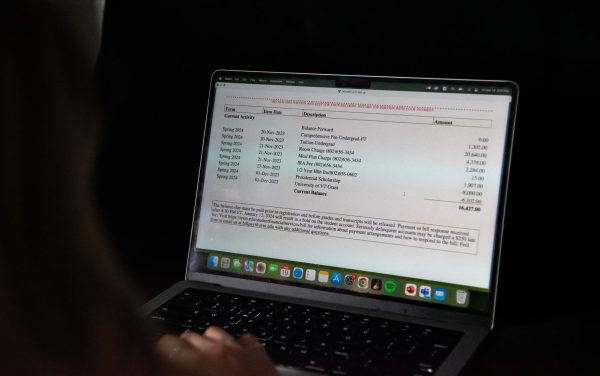
Patrick • Feb 24, 2021 at 10:07 am
If this is tagged as an opinion piece, then the covid article should receive the same designation. Also, open the comments on the instagram post…the fact that they were turned off is quite pathetic. If the Cynic is truly an institution that supports journalistic integrity and free speech, don’t try to impede students from expressing their backlash to an article that stands solely as a vile attack on student health workers.
Robert Bristow-Johnson • Feb 23, 2021 at 10:56 pm
“Is it accurate? Is it fair? Is it well researched and detailed?”
The answer is “manifestly not” if it’s coming from vtcynic.